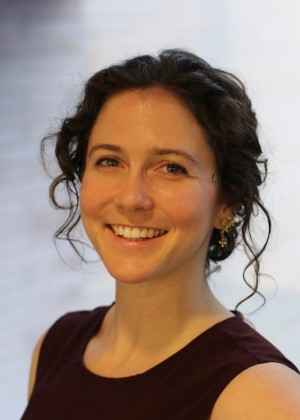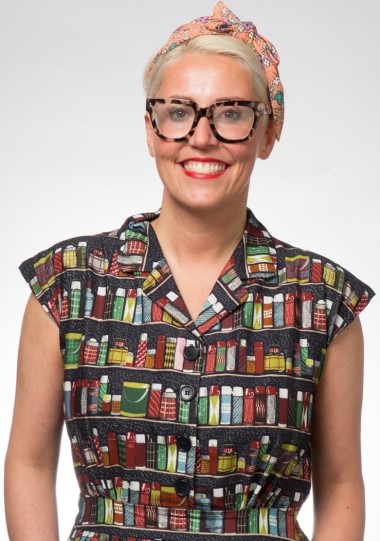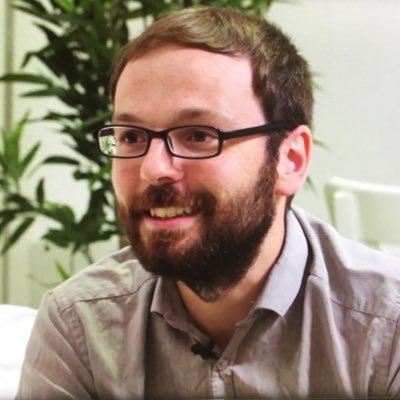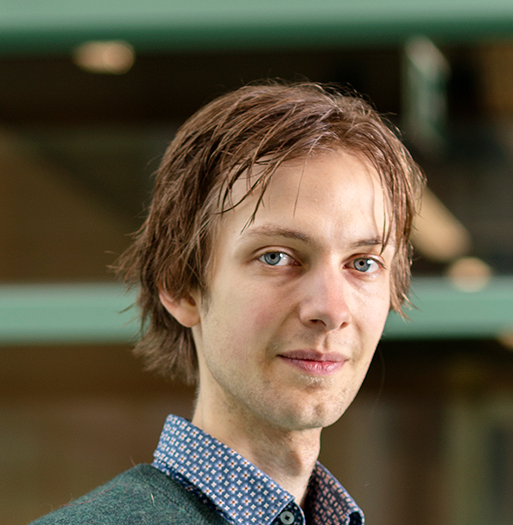Royal Society Open Science is pleased to welcome each of its new editors this year. Here we hear from three recent additions to the Science, Society and Policy section.

Royal Society Open Science launched its Science, Society and Policy section in 2021, and we have been excited to watch it grow. A large part of the success is owed to the editorial board, and so we are pleased to hear about the diverse work of three of our new Associate Editors in the section.
Andrea Ford - Cultural and Medical Anthropology
What stories are we telling about health, healing, bodies, and reproduction? Would it be better if we could tell different ones? My research as a cultural and medical anthropologist explores these questions through slow ethnographic work that steps away from the current situation to look at the context that shapes what seems desirable and possible. Recent projects have explored childbearing, periods, endometriosis, and hormones. Though anthropologists tend to work relatively independently, the interdisciplinary centre and institute where I am based are a phenomenal resource of different forms of expertise, which helps me look at complex issues from many angles.
My research as a cultural and medical anthropologist explores these questions through slow ethnographic work that steps away from the current situation to look at the context that shapes what seems desirable and possible. Recent projects have explored childbearing, periods, endometriosis, and hormones. Though anthropologists tend to work relatively independently, the interdisciplinary centre and institute where I am based are a phenomenal resource of different forms of expertise, which helps me look at complex issues from many angles.
I am just beginning a large project investigating the FemTech industry, including the changing relationship between public and private institutions of knowledge production and care provision, and how concerns about surveillance intersect with promissory ideas about digital health. It asks, is medical technology solving the right problems? Frameworks of reproductive, environmental, and social justice are key to how I approach these issues.
It is a pleasure to work with Royal Society Open Science as an associate editor in the Science, Society, and Policy section. I admire the journal’s openness to considering not just science but how science is produced and what effects it can have. This is key to making scientific research a rich resource in moving towards a flourishing society.
Rosa Filgueira – Data Science and Systems
I am a researcher passionate about simplifying computational complexities for domain experts, enabling them to execute their applications across various environments seamlessly. My work primarily focuses on enhancing the functionality, accessibility, and reusability of software components through the development of semantic technologies, as well as working across several domains like Digital Humanities.
My work primarily focuses on enhancing the functionality, accessibility, and reusability of software components through the development of semantic technologies, as well as working across several domains like Digital Humanities.
Currently, my research leverages Natural Language Processing (NLP) to improve the understandability and reusability of code in software repositories and scientific workflows. This effort is vital in our data-driven era, as it enhances the ability of developers and researchers to navigate complex data systems efficiently, fostering significant advancements in innovation, productivity, and collaborative science.
In the domain of Digital Humanities, my expertise in text mining, NLP, high-performance computing (HPC), and deep learning allows us to extract crucial insights from historical texts and cultural event data. My projects have included analyzing the impact of significant societal events like the Covid-19 pandemic, revealing their effects on cultural expressions and aiding in the transformation of historical texts into structured data for broader analysis. As well as applying deep learning analyses of semi-structured public consultation data, embedding an interdisciplinary approach that bridges legal and technological domains to enhance public participation in governance reforms.
I am honoured to serve on the editorial board of Royal Society Open Science, focusing on Data Science and Policy. This role aligns perfectly with my commitment to multidisciplinary collaboration and knowledge-sharing. It provides a unique platform to support ground-breaking research that transcends traditional boundaries and tackles complex global challenges with fellow scientists.
Thomas Rhys Evans - Occupational Psychology and Open Science
I am grateful to have had experience researching an eclectic and diverse range of critical societal domains.  My policy impact first started by working with Firefighters to redesign their training and development processes. This work subsequently informed international fire service policy and practices and was a pivotal point towards asking myself: why do we bother research if we’re not interested in improving society? Whilst my ‘home’ is within Occupational Psychology, in which I am passionate about challenging corruption, climate change, and inequalities, my research career has also focused upon improving the teaching and research practices behind the research that impacts our society. I have found this meta-research and open science reform a rewarding gateway to influencing research, and thus policy, across disciplines and geographical boundaries.
My policy impact first started by working with Firefighters to redesign their training and development processes. This work subsequently informed international fire service policy and practices and was a pivotal point towards asking myself: why do we bother research if we’re not interested in improving society? Whilst my ‘home’ is within Occupational Psychology, in which I am passionate about challenging corruption, climate change, and inequalities, my research career has also focused upon improving the teaching and research practices behind the research that impacts our society. I have found this meta-research and open science reform a rewarding gateway to influencing research, and thus policy, across disciplines and geographical boundaries.
Research plays such a critical role for our policies and society, and, as such I’m proud to join Royal Society Open Science, and the Science, Society and Policy section specifically. At the start of my career, I naively believed that producing high-quality research was enough and that it would be found, trusted, and quickly adopted to influence policy. I now have a much greater appreciation of the complexities and complications of policy decision-making, and I am keen to use this experience to support others to build impactful bodies of evidence to better our society through policy. As a new Associate Editor, I aim to champion rigor and transparency in research, and help others to maximise their opportunities for policy and practice impact.
Interested in submitting your work to Royal Society Open Science? Find out more on our authors page.
Images: Andrea Ford; Rosa Filgueira (credit: UK Young Academy); Thomas Rhys Evans (credit: Coventry University)




.jpg)


